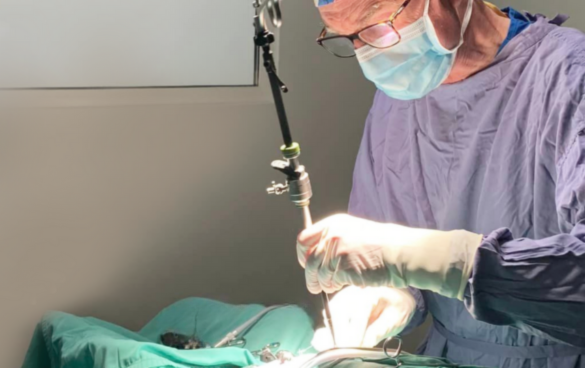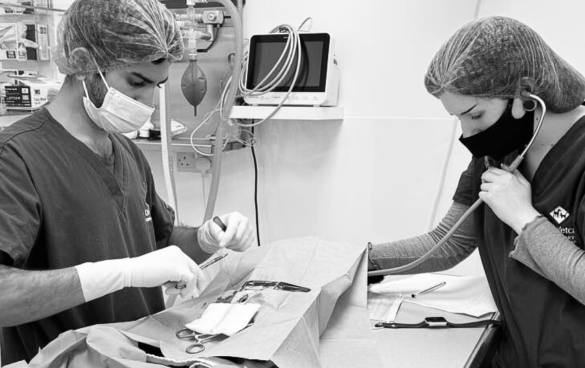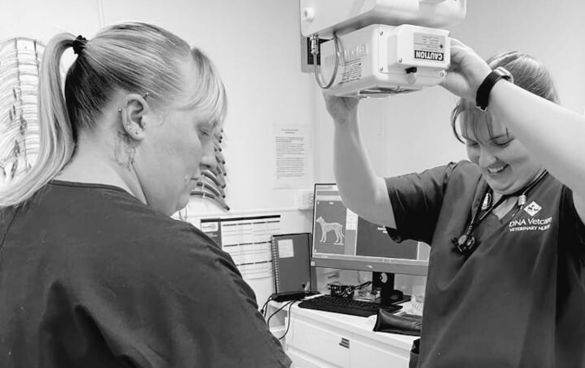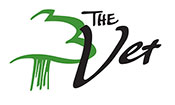Our team of compassionate and highly skilled veterinary surgeons have the medical and surgical experience to perform all routine surgeries and many non-routine procedures on site. We believe in investing in our vets and equipment and keeping up to date with advances in medicine. If your pet requires surgery or has a complicated health problem, our team has the skills to treat them safely. Just like NHS doctors our vets undertake regular CPD training, ensuring that your pet receives the very best veterinary treatments available.
Keyhole Surgery

Laparoscopy is more commonly known as ‘keyhole surgery’. It has been used in human surgery for years and more recently has been developed for use in veterinary surgery.
Performed through one to three small incisions (keyhole size) in the abdomen, rather than a large incision, it offers a less painful, faster healing alternative to traditional spays. Laparoscopy is also commonly used as a diagnostic tool for taking biopsies of the liver, kidney and pancreas.
Our group was one of the first in South London to introduce keyhole surgery and we have now carried out hundreds!
When do we use Keyhole?
We are using it for abdominal surgeries such as ovariectomies (spay), cryptorchid surgery (undescended testicles) and organ biopsies. Our surgery is doing keyhole surgery on a weekly basis.
What are the benefits?
Keyhole surgery is a highly skilled procedure and has tremendous advantages over traditional open surgery including:
- Smaller incisions, so there is less trauma to the muscles and other tissue
- recovery time is much reduced
- there is less pain associated with the surgeries
- a lower risk of infections
- reduced surgery time and therefore time spent under anaesthesia and a happier pet!
Neutering

Neutering is another procedure performed at our St Margarets surgery. For female dogs, it can also be done as a Laparospic Spay (keyhole surgery), a minimally invasive surgery providing the opportunity for a safer operation and faster recovery time.
We can neuter pets:
- from 5-6 months in cats
- from 6 months in dogs
Neutering requires a general anaesthetic so your pet will need to stay with us for the day.
In-house Laboratory

Blood samples, urine tests and microscopic examination of blood, skin and urine are checked using our in-house laboratory service providing results in a matter of minutes even on weekends.
X-ray

Ultrasound

An ultrasound exam is a non-invasive imaging technique that allows us to see what’s going on inside your pet using ultrasonic waves. The process is not painful and our team works hard to ensure it is as stress free as possible for your pet.
We have invested in the latest imaging technology to provide accurate and rapid diagnosis of a wide range of conditions. Our sonographers can map detailed information about your pet’s abdominal organs and allow non-invasive measurement of heart blood flow to help shape bespoke treatment plans.
Will my pet need an anaesthetic?
Anaesthesia is not usually needed for most ultrasound examinations, unless biopsies are to be taken. The technique is totally painless and most pets will lie comfortably while the scan is being performed. Occasionally, if the pet is very frightened a sedative may be necessary.
Dentistry


